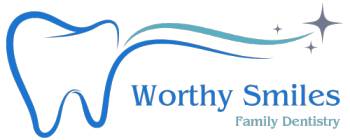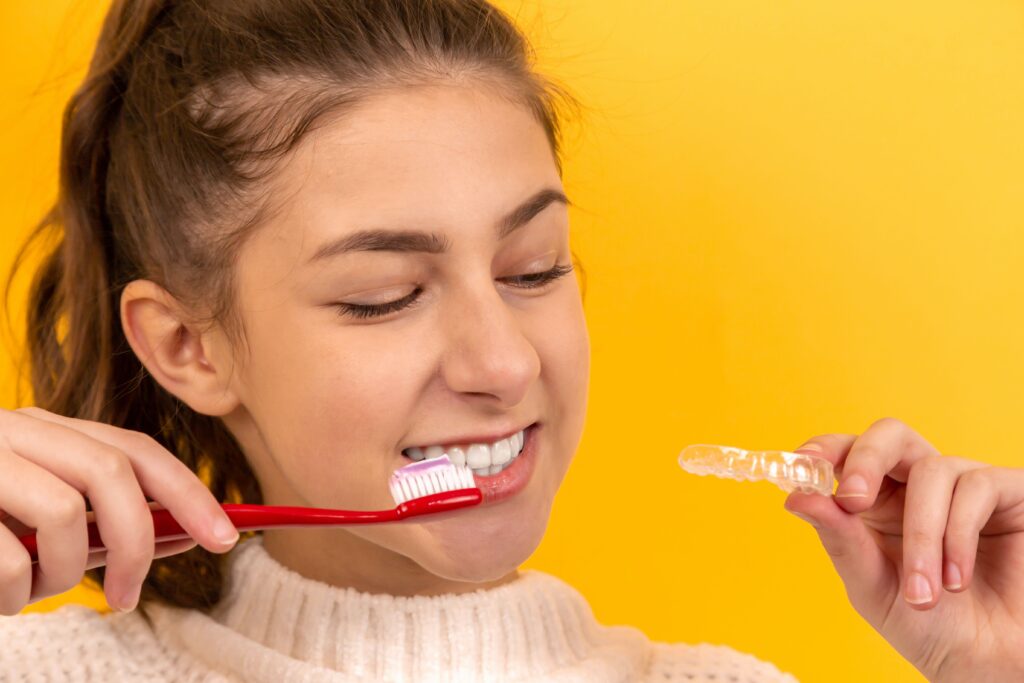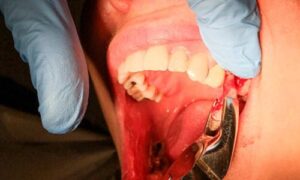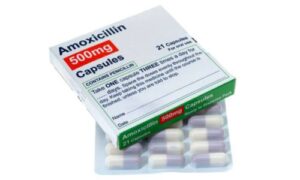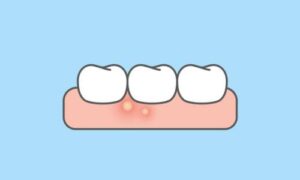Maintain your dental health
Dental health needs a lifetime of maintenance. Even if you’ve been told you have sweet teeth, it’s still important to care for them properly every day to avoid issues. This entails using the appropriate dental care products and paying attention to your routine.
Remember to clean your teeth before bed
It’s no secret that brushing your teeth at least twice daily is generally advised. However, a lot of us still skip cleaning our teeth at night. However, cleaning your teeth before night removes plaque and bacteria accumulated during the day.
Correctly brush
How you brush is equally crucial; cleaning your teeth improperly is nearly as terrible as not brushing at all. Take time and eliminate plaque by gently circling your teeth with the toothbrush. Plaque that isn’t removed may harden, causing calculus to form and gingivitis (early gum disease).
Remember to use your tongue
Your tongue may also develop plaque. This may cause various issues with dental health in addition to poor breath. Every time you clean your teeth, gently brush your tongue as well.
Put fluoride toothpaste to use
There are more factors to consider in toothpaste than whitening ability and taste. Regardless of the version you choose, be sure fluoride is present.
Fluoride is still a crucial component of dental health, even though some people are concerned about how it may affect other aspects of health. This is due to fluoride’s prominent role in tooth decay prevention. It functions by eradicating bacteria that might cause decay and acting as a barrier for your teeth.
Make flossing a priority on par with brushing
Many people who frequently brush also need help floss. According to Jonathan Schwartz, DDS, flossing is not simply for removing food particles or vegetables that may be lodged between your teeth. It primarily stimulates the gums, reduces plaque buildup, and lowers localized irritation.
Most people need to floss once every day to get these advantages.
Refrain from flossing challenges deter you
Flossing may be challenging for small children and elderly persons with arthritis. Instead of giving up, seek equipment that might make flossing your teeth easier. Drugstore dental flossers that are ready to use may help.
Think about mouthwash
Mouthwash is promoted as required for optimum dental health, yet many individuals don’t use it because they need to understand how it works. According to Schwartz, mouthwash has three benefits: The quantity of acid in the mouth is decreased, the difficult-to-brush regions in and around the gums are cleaned, and the teeth are remineralized. He says mouthwashes are helpful as a supplemental tool to assist things in balance. “I believe mouthwash is especially useful in youngsters and elderly adults, when the capacity to brush and floss may not be optimum.”
Request particular mouthwash advice from your dentist. For those with sensitive teeth and youngsters, certain products work best. Additionally, mouthwash on prescription is offered.
Take extra water
Water is the healthiest beverage for your overall health, including dental health. Schwartz also advises drinking water after every meal as a general guideline. In between brushing, this may help wash off some of the detrimental effects of sticky and acidic meals and drinks.
Consume crinkle-free fruits and vegetables
Although ready-to-eat meals seem practical, there may be better options for your teeth. Fresh, crisp food is the most excellent option for your teeth since it includes more beneficial fibre. So quit chopping things into little bits, avoid extremely mushy manufactured foods, and start using your jaws! Schwartz advises parents to introduce more difficult-to-chew and consume meals to their children at an earlier age.
Eat fewer items high in sugar and acid
In the end, the sugar turns into acid in the mouth, which may wear away at the tooth enamel. These acids cause cavities. Teas, coffee, and acidic fruits may all erode dental enamel. Even if you don’t need to avoid certain items entirely, it doesn’t hurt to be cautious.
A minimum of twice a year, see the dentist
Your daily routine greatly influences your general dental health. Even the most diligent brushers and flossers should see the dentist regularly. You should see the dentist at least twice yearly for cleanings and checkups. A dentist may check for cavities, remove calculus, and recommend treatments in addition to identifying current problems.
Certain dental insurance providers may cover even more regular dental visits. Use this to your advantage if it applies to you. Doing this is very beneficial if you have a history of dental problems like gingivitis or recurrent cavities.
How often should I have my teeth cleaned and examined by a dentist?
The American Dental Association advises that you see your dentist for cleanings and examinations at the recommended times. Many individuals need cleanings every six months to maintain the health of their teeth and gums. However, your dentist may need to visit you more often if you have a history of cavities or gum disease. People with gum disease, for instance, frequently visit their dentist every three to four months. This is because, in certain people, oral bacteria increase more quickly. Consult your dentist to determine the best cleaning regimen for you.
